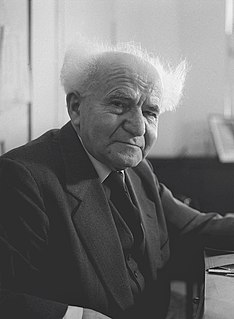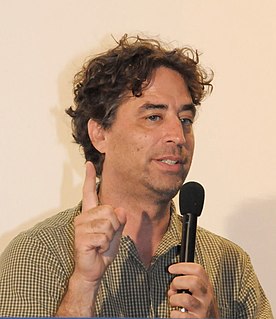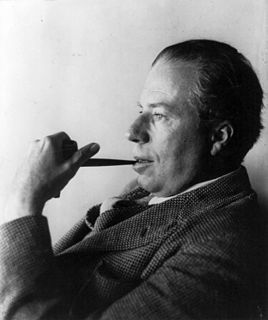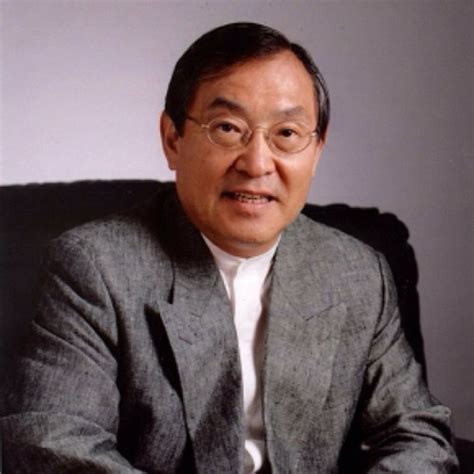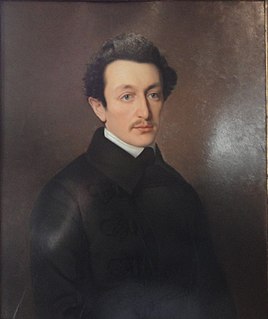A Quote by Heinrich Heine
All our contemporary philosophers perhaps without knowing it are looking through eyeglasses that Baruch Spinoza polished. Spinoza was a philosopher who earned his livelihood by grinding lenses.
Related Quotes
Spinoza , for example, thought that insight into the essence of reality, into the harmonious structure of the eternal universe, necessarily awakens love for this universe. For him, ethical conduct is entirely determined by such insight into nature, just as our devotion to a person may be determined by insight into his greatness or genius. Fears and petty passions, alien to the great love of the universe, which is logos itself, will vanish, according to Spinoza, once our understanding of reality is deep enough.
Through luminous and erudite readings of the texts, Hasana Sharp shows us how profound and radical is Spinoza's conception of nature and his claim that humans always remain part of nature, acting solely according to the same rules. She demonstrates the political consequences of adopting this perspective through a provocative intervention in contemporary feminist theory, while along the way opening promising avenues for future work in a variety of other fields, such as animal studies and ecology. This is a challenging and important book.
There's a sense in which Marx does contribute to the fund of human knowledge, and we can no more dismiss him than we can [George] Hegel or [Jean-Jacques] Rousseau or [Baruch] Spinoza or [Charles] Darwin; you don't have to be a Darwinian to appreciate Darwin's views, and I don't have to be a Marxist to appreciate what is valid in a number of [Karl] Marx's writings-and Marx would call that a form of simple commodity production rather than capitalism.
Truth and Beauty (perhaps Keats was wrong in identifying them: perhaps they have the relation of Wit and Humour, or Rain and Rainbow) are of interest only to hungry people. There are several kinds of hunger. If Socrates, Spinoza, and Santayana had had free access to a midnight icebox we would never have heard of them. Shall I be ashamed of my little mewing truths?... I ask to be forgiven: they are such tiny ones.
The Theatre of the Absurd has renounced arguing about the absurdity of the human condition; it merely presents it in being - that is, in terms of concrete stage images. This is the difference between the approach of the philosopher and that of the poet; the difference, to take an example from another sphere, between the idea of God in the works of Thomas Aquinas or Spinoza and the intuition of God in those of St. John of the Cross or Meister Eckhart - the difference between theory and experience.
It is hard to let old beliefs go. They are familiar. We are comfortable with them and have spent years building systems and developing habits that depend on them. Like a man who has worn eyeglasses so long that he forgets he has them on, we forget that the world looks to us the way it does because we have become used to seeing it that way through a particular set of lenses. Today, however, we need new lenses. And we need to throw the old ones away.
All men are brothers, we like to say, half-wishing sometimes in secret it were not true. But perhaps it is true. And is the evolutionary line from protozoan to Spinoza any less certain? That also may be true. We are obliged, therefore, to spread the news, painful and bitter though it may be for some to hear, that all living things on earth are kindred.



